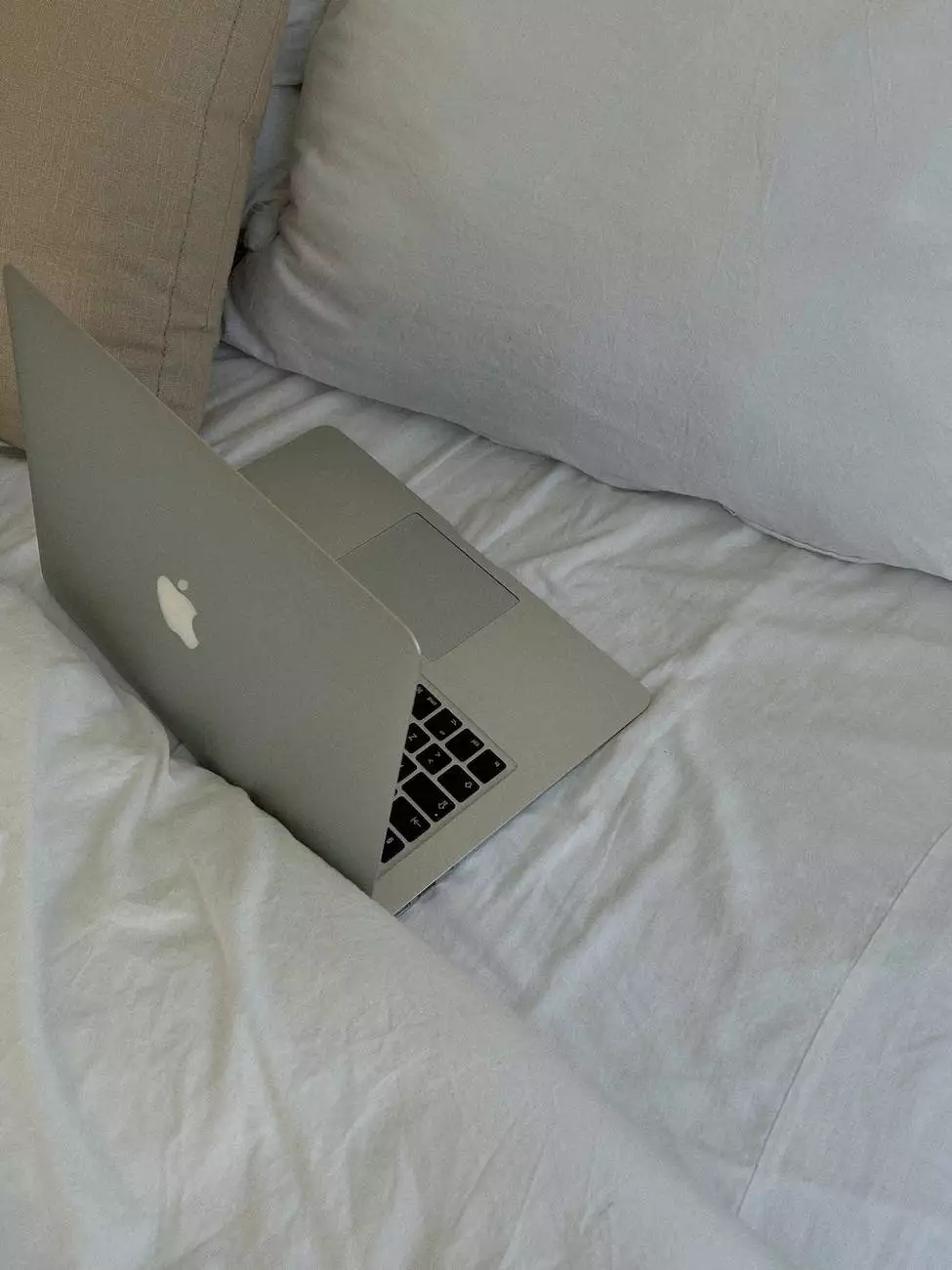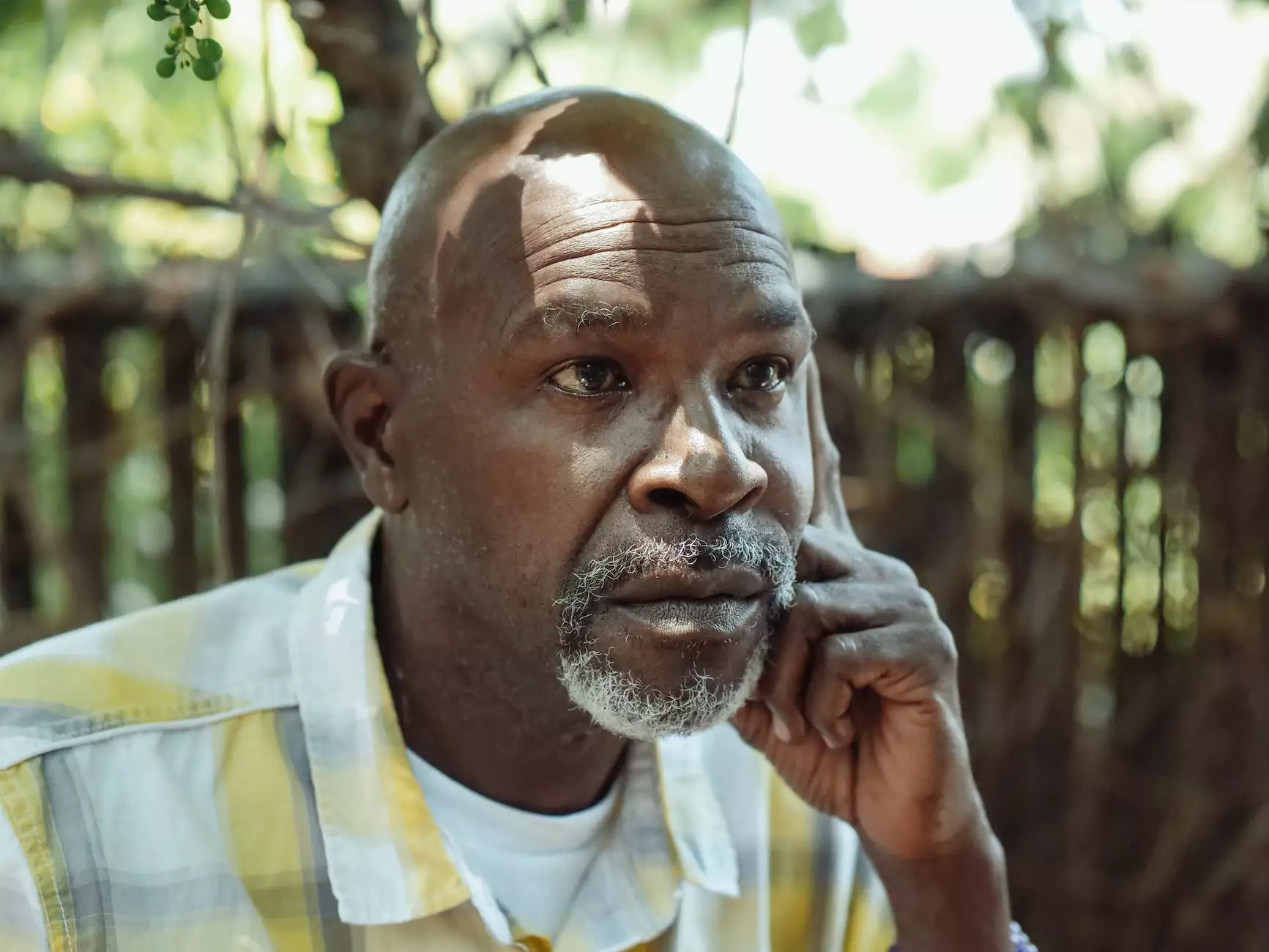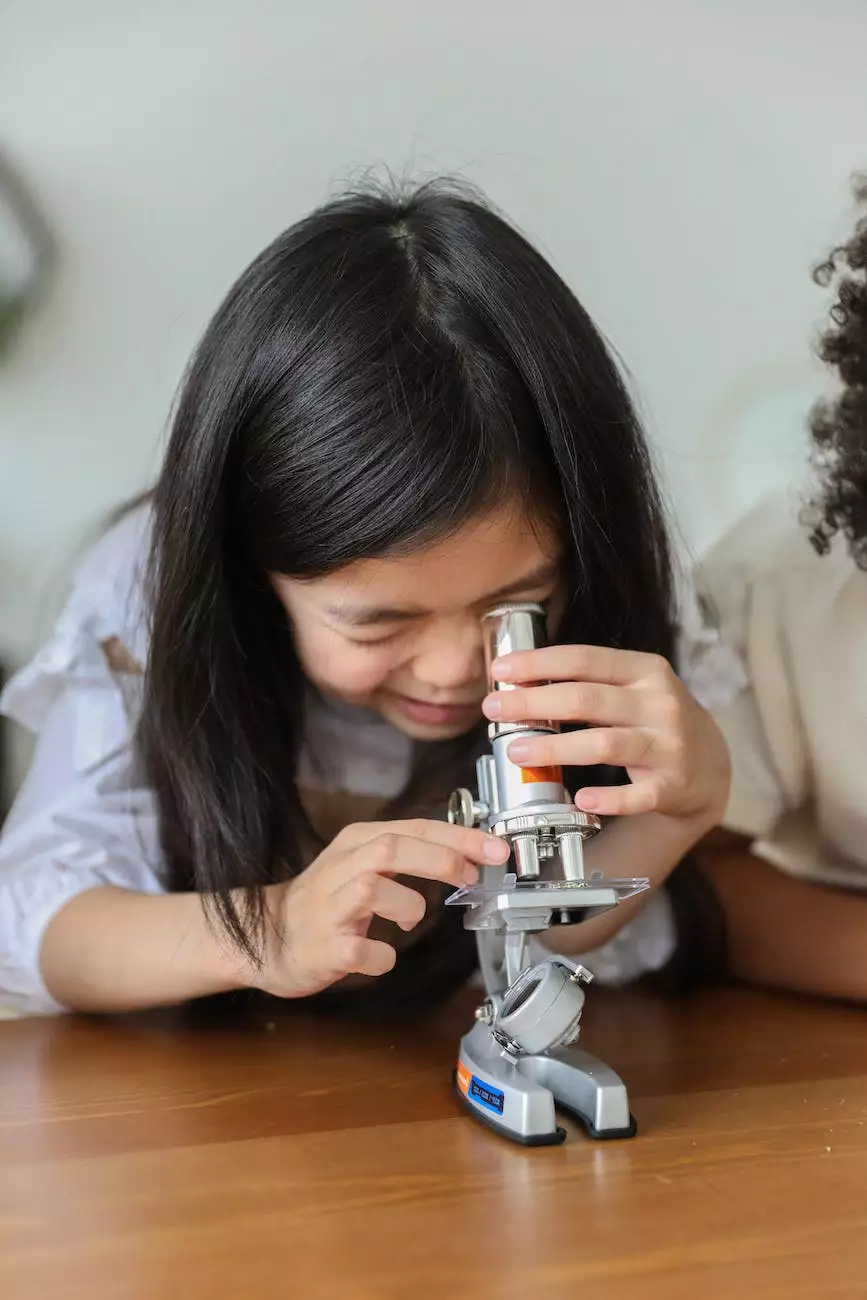Does Testosterone Replacement Therapy (TRT) Cause Hair Loss?

As a leading authority in the field of health, Smith, Arthur F, MD aims to provide the most accurate and detailed information regarding TRT and its potential effects on hair loss. In this comprehensive guide, we will delve into the complex relationship between TRT and hair loss, discussing the various factors that play a role, potential causes, and strategies for managing this concern.
The Connection Between Testosterone Replacement Therapy and Hair Loss
One of the primary questions individuals considering TRT often have is whether or not it can lead to hair loss. It's important to note that while there is a potential correlation between TRT and hair loss, the link is not entirely straightforward. Researchers have found that testosterone, the hormone involved in TRT, can have both positive and negative effects on hair follicles. Understanding the underlying mechanisms is crucial to comprehending the potential impact of TRT on hair loss.
Potential Causes of Hair Loss During TRT
Several factors may contribute to hair loss in individuals undergoing TRT:
- Hormonal Imbalances: Hormonal fluctuations resulting from TRT may disrupt the natural hair growth cycle, leading to hair loss. Testosterone itself can convert to a hormone called dihydrotestosterone (DHT), which is known to contribute to hair thinning in individuals with a genetic predisposition.
- Genetics: Genetic factors play a significant role in male-pattern baldness, also known as androgenic alopecia. If you have a familial history of hair loss, you may be more susceptible to experiencing hair thinning while on TRT.
- Stress: Starting TRT can sometimes cause emotional and psychological stress. Research suggests that chronic stress can negatively impact hair health and contribute to hair loss.
- Lifestyle Factors: Poor nutrition, smoking, excessive alcohol consumption, and lack of exercise can weaken hair follicles, making them more susceptible to hair loss. It is crucial to maintain a healthy lifestyle while on TRT to promote optimal hair health.
Managing Hair Loss During Testosterone Replacement Therapy
If you are concerned about hair loss while undergoing TRT, there are several strategies you can employ:
1. Consult with Your Healthcare Provider
Always consult with your healthcare provider if you notice any changes in your hair while on TRT. They can evaluate the potential factors contributing to hair loss and recommend appropriate interventions.
2. Consider Medications or Supplements
In some cases, your healthcare provider may prescribe medications or supplements that can help counteract hair loss. These may include DHT inhibitors or supplements that promote hair regrowth.
3. Practice Good Hair Care Habits
Maintaining proper hair care habits can help mitigate the effects of hair loss. Use gentle shampoos and conditioners, avoid excessive heat styling, and refrain from pulling or tugging at your hair.
4. Address Lifestyle Factors
Pay attention to lifestyle factors that can impact hair health. Ensure you have a balanced diet, exercise regularly, manage stress effectively, and avoid smoking and excessive alcohol consumption.
5. Explore Non-Surgical Hair Restoration Options
In more severe cases, where hair loss is significant, you may consider non-surgical hair restoration options such as laser therapy, platelet-rich plasma (PRP) treatments, or scalp micropigmentation.
Conclusion
While the relationship between TRT and hair loss is complex, it is essential to understand that not everyone will experience hair loss as a result of Testosterone Replacement Therapy. By addressing potential contributing factors and following the strategies outlined above, individuals can effectively manage hair loss concerns while benefiting from the positive effects of TRT on overall well-being.




